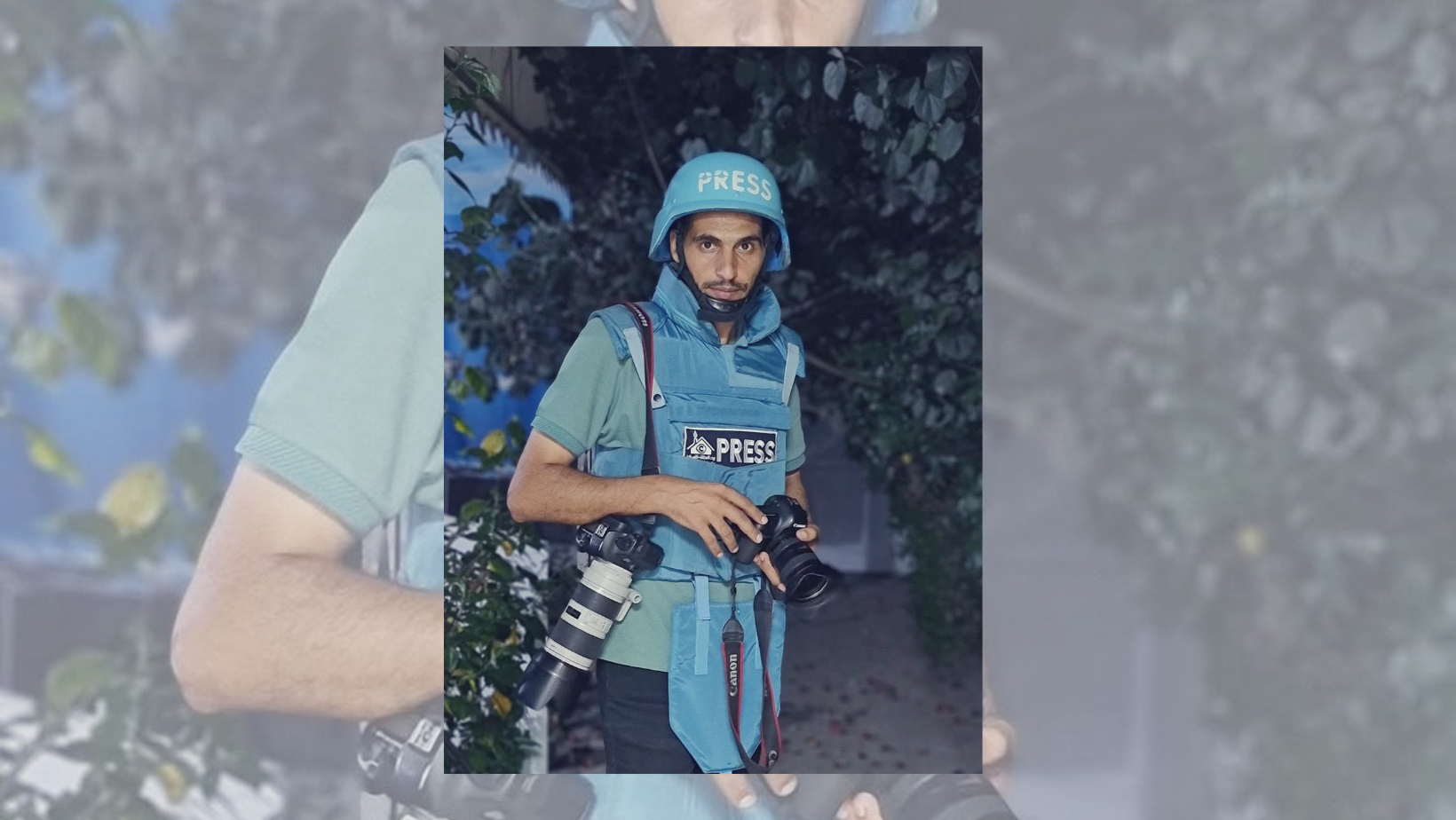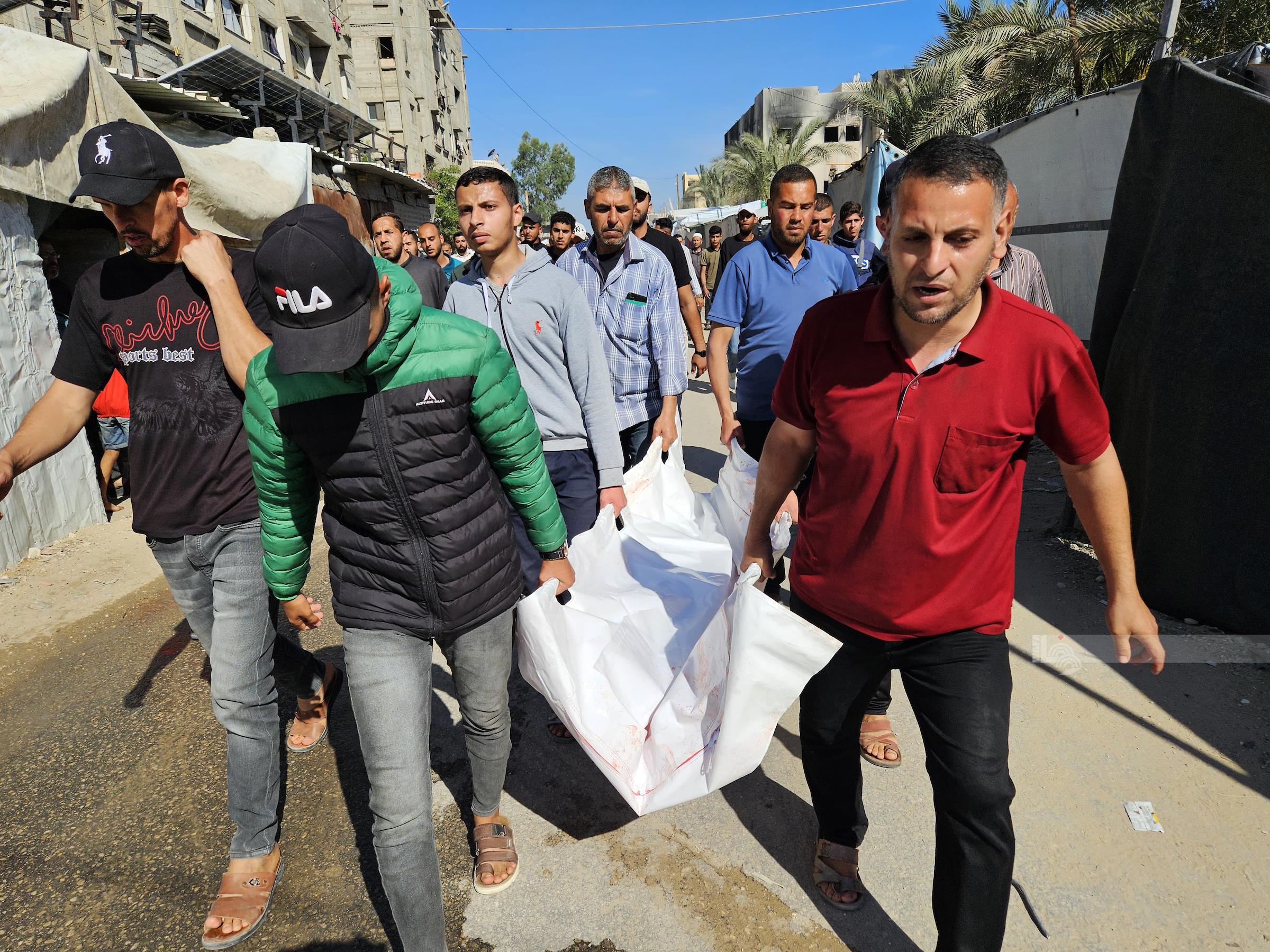By Khalil Fawadleh
RAMALLAH, June 26, 2018 (WAFA) – An international forum to discuss the adoption of integrated water resources management progressive tools as an approach to address the water crisis in Palestine kick-started on Monday in Ramallah.
The three-day First Palestine International Water Forum organized by the Palestinian Water Authority (PWA) was held under the slogan Integrated Water Resources Management: Best Practices and Technology Transfer.
A PWA’s press statement said that the conference “will provide a unique opportunity to learn about the new progressive tools, the technologies that have emerged, and the best practices developed in support of implementation of integrated water resources management (IWRM) as a main approach to achieving water security.”
The forum website states that the conference poses the question of “how can the new, progressive IWRM tools best prevent water crisis, address water scarcity, enhance efficient water management and ultimately assist in achieving water security.”
The first-of-its-kind event brought together an impressive array of participants to exchange ideas to devise joint solutions and present papers covering diverse water-related themes.
Opening the preliminary session on behalf of Prime Minister Rami Hamdallah on Monday night, Khayrya Rasas, an advisor to the premier, noted the government’s efforts to address pollution and the deteriorating humanitarian situation in the besieged Gaza Strip.
She added that PWA took the first concrete step to this end through the construction of a desalination facility in Gaza and the mobilization of over 80 percent of funds needed.
Spotlighting Israeli discriminatory water policies, she said that Israel has been denying Palestinians their water rights, controlling over 85 percent of their water resources and allocating seven times more in water to Israeli settlers than to Palestinians even though water is extracted from Palestinian aquifers.
“The Joint Water Committee (JWC), consisting of Israelis and Palestinians, is one of the most significant hurdles to the development of the water sector in Palestine because of its inactivity and because Israel always conditions approval of Palestinian water projects on approval of projects in the illegal settlements as well,” something the Palestinians can never agree to.
JWC oversees and authorizes water projects in the occupied West Bank, excluding the Israeli settlements. Israel, as the occupier, vetoes decisions concerning Palestinian water projects in the JWC.
“Israel has been destroying wells or preventing their excavation, all within the framework of a systematic policy aimed at preventing and ing our access to our natural resources that are one of the most significant foundations of sovereignty and independence,” she added.
The opening session was also attended by Head of PWA, Mazen Ghunaim, Representative of the Secretary-General of the Arab League Hammou al-Amrani, Deputy Special Coordinator for the Middle East Peace Process Jami Mcgoldrick, Deputy Secretary-General of the Union for the Mediterranean in charge of Water and Environment Miguel García-Herraiz in addition to a host of officials and international NGOs representatives.
In his remarks, Ghunaim said that the concept of water security is non-existent since the Palestinians lack effective control over their water resources and could not optimally use them, which is a main reason for the ever-deteriorating water crisis.
He blamed worsening humanitarian situation and instability in Palestine and the entire region on the fact that Israeli occupation authorities control over 85 percent of Palestinian water resources and denies Palestinians access to water, including the Jordan Valley and the Dead Sea.
“The issue of water in Palestine is still outstanding since it is one of the five final-status issues. It is still subject to the procedures introduced to regulate Israeli-Palestinian relations during the interim period; which hinders the development of the water sector,” he stressed.
Mcgoldrick noted that achieving water security faces considerable challenges, including the catastrophic situation in Gaza and lack of a water network to serve 30,000 Palestinians in West Bank Area C, which is under full Israeli control, as a result of Israeli restrictions.
The forum has attracted experts from 30 local and international water and sanitation firms coming from Arab countries, such as Tunisia, Morocco, Egypt, Jordan, Oman and Yemen, as well as from Germany, France, Netherlands, the US, Mexico and Switzerland.
K.F./M.K.











